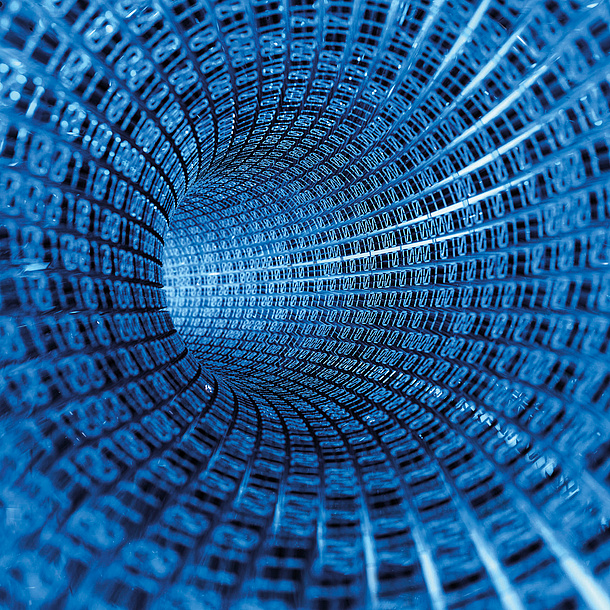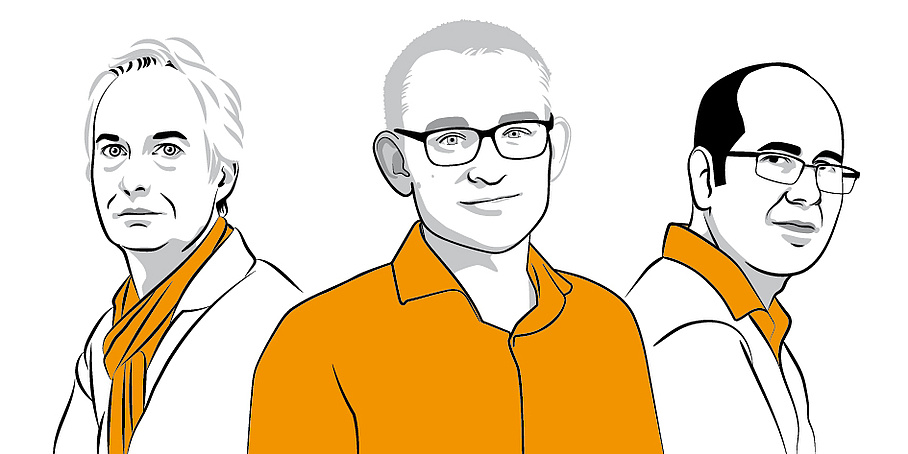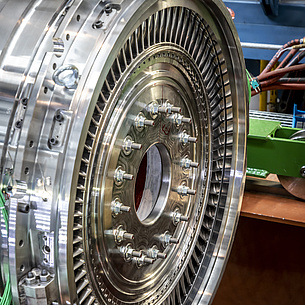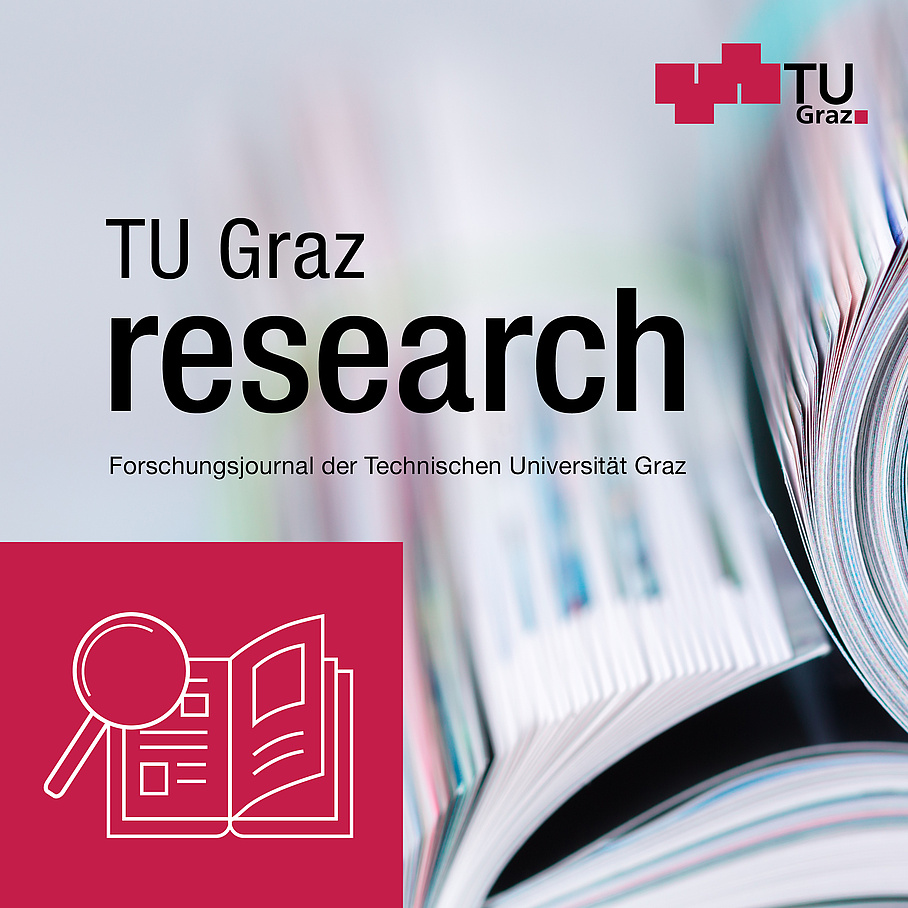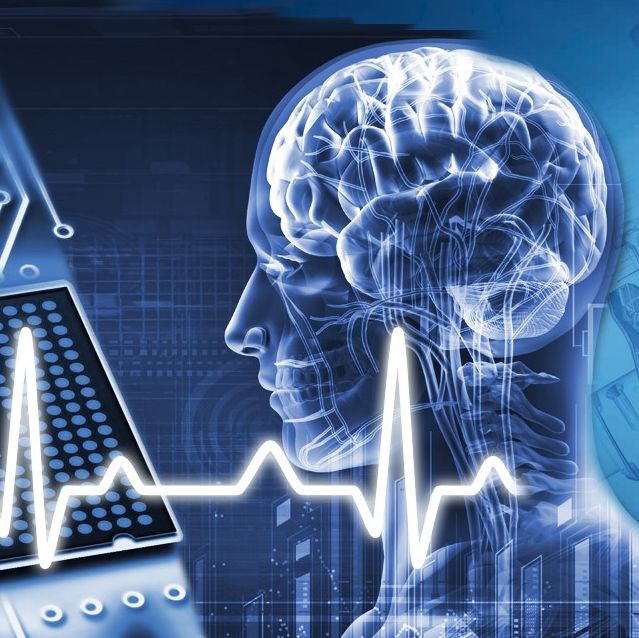TU Graz events
For researchers at TU Graz
Research Topics
Algorithms and mathematical modelling
- Statistical analysis and modelling
- Applied mathematics in technology and natural sciences
- Optimisation
- Geometry and topology processing
- Discrete mathematics
- Number theory and applications, e.g. in simulation and financial mathematics
- Geodesy
- Neuroinformatics
- Massive data processing
- Cryptography
- Computational mechanics
Smart and dependable systems
- Adaptive and autonomous systems, robotics
- Software and system security
- Machine learning and cognitive systems
- Development of complex systems
- Embedded systems
- Intelligent control, mechatronics and automation
- Electronic systems
- Microelectronics
- Measurement technology, physical modelling and simulation
Intelligent communication and sensor systems
- Adaptive modulation and coding
- Smart microwave front-ends
- Mixed signal electronics
- Signal processing
- Sensors and sensor networks
- Localisation and tracking
- Wireless communications and networking
Multimodal interfaces, applications
- Brain-computer interfaces
- E-university & e-government
- Language and audio communication
- Software and system testing
- Mobile devices
Intelligent multimedia processes and structures
- Computer vision
- Computer graphics
- Knowledge technologies and data science
New Projects with TU Graz
RESEARCH & TECHNOLOGY HOUSE
Mandellstraße 9/II
8010 Graz, Austria
Map
Christoph ADAMETZ
Dipl.-Ing.
Phone: +43 316 873 6033
christoph.adametz@tugraz.at
Research Successes
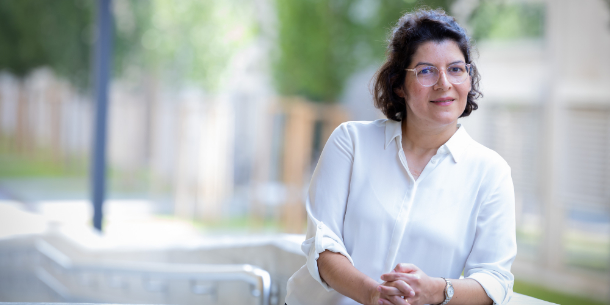
ERC Starting Grant: NetFair – Fariba Karimi
Project: NetFair - Network Fairness: A novel complex network approach for tackling inequalities in society and algorithms
Project start: early 2025
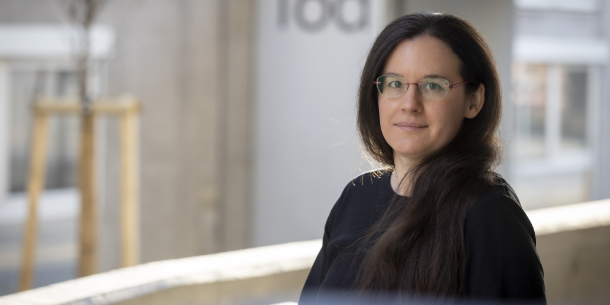
ERC Starting Grant: KEYLESS – Maria Eichlseder
Project: KEYLESS - Keyless Cryptography for Efficiency and Security
Duration: 1 January 2025 to 31 December 2029
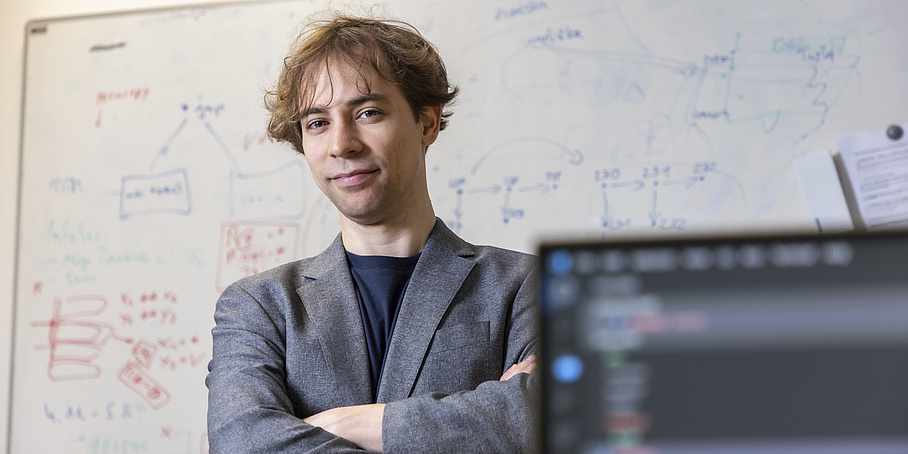
ERC Starting Grant: FSSec – Daniel Gruss
In his ERC Starting Grant project, Daniel Gruss is researching how efficiency can be increased in computer systems while maintaining a high standard of security.
Duration: 1 March 2023 to 29 February 2028
Further information:
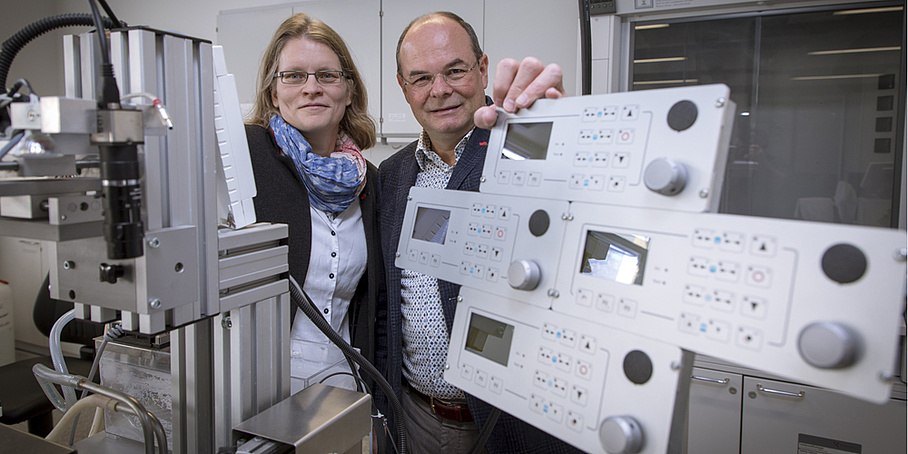
Leadproject: Mechanics, Modeling and Simulation of Aortic Dissection
In this lead project, TU Graz researchers from biomechanical-, civil-, electrical-, and mechanical engineering, computer science, mathematics, and physics are applying themselves to the further development of computer simulation of aortic dissections.
Coordination: Univ.-Prof. Dr. Gerhard A. HOLZAPFEL and Univ.-Prof. Dr. Katrin ELLERMANN
Christian Doppler (CD) Laboratories
CD labs within the Field of Expertise:
- Embedded Machine Learning
- Model-Based Control of Complex Test Bed Systems
- Measurement Systems for Harsh Operating Conditions
- Quality Assurance Methodologies for Autonomous Cyber-Physical Systems
- Location-aware Electronic Systems
- Technology Guided Electronic Component Design and Characterisation
- Dependable Intelligent Systems in Harsh Environments
Research Center
In the Graz Center for Machine Learning (GraML), researchers at TU Graz work on machine learning topics in interdisciplinary ways, with each person contributing unique scientific perspectives from their daily research areas.
Cluster of Excellence
Research Infrastructure
Electronics Based Systems-Labor
The EBS laboratory offers high-end measurement technology for measuring electronic components. The laboratory's equipment can be hired by the hour or by the day, and measurements can be carried out independently or with the support of a technician.
D-Cube Testbed
D-Cube is a test infrastructure for the automated testing of low-power communication protocols in many different environments. The testbed is open to academic researchers and practitioners from industry.
Degree Programmes and Continuing Education
Bachelor's Degree Programmes
- Electrical and Electronics Engineering
- Electrical Engineering and Audio Engineering
- Geodesy
- Computer Science
- Information and Computer Engineering
- Mathematics
- Physics
- Software Engineering and Management
- Environmental Systems Sciences/Natural Sciences – Technology
- Digital Engineering
- Teacher Training Course for Secondary Education
Master's Degree Programmes
- Computer Science
- Electrical and Electronics Engineering
- Electrical Engineering and Audio Engineering
- Electrical Engineering and Business
- Geodesy
- Geospatial Technologies
- Geotechnical and Hydraulic Engineering
- Information and Computer Engineering
- Mathematics
- Technical Physics
- Physics
- Software Engineering and Management
- Space Sciences and Earth from Space
- Environmental System Sciences / Climate Change and Environmental Technology
- Digital Engineering
- Data Science
